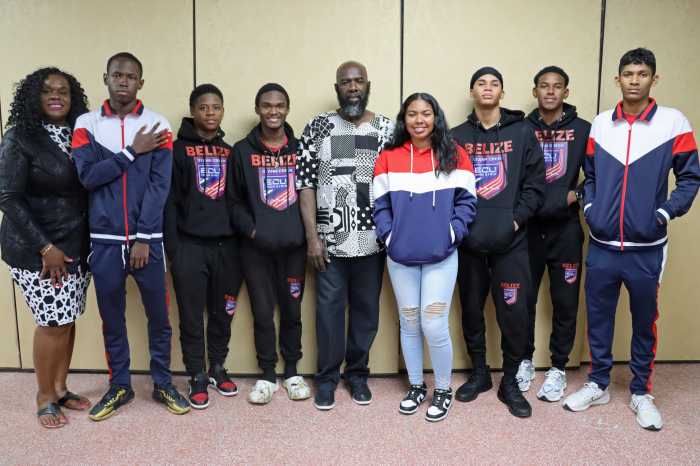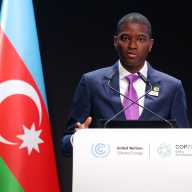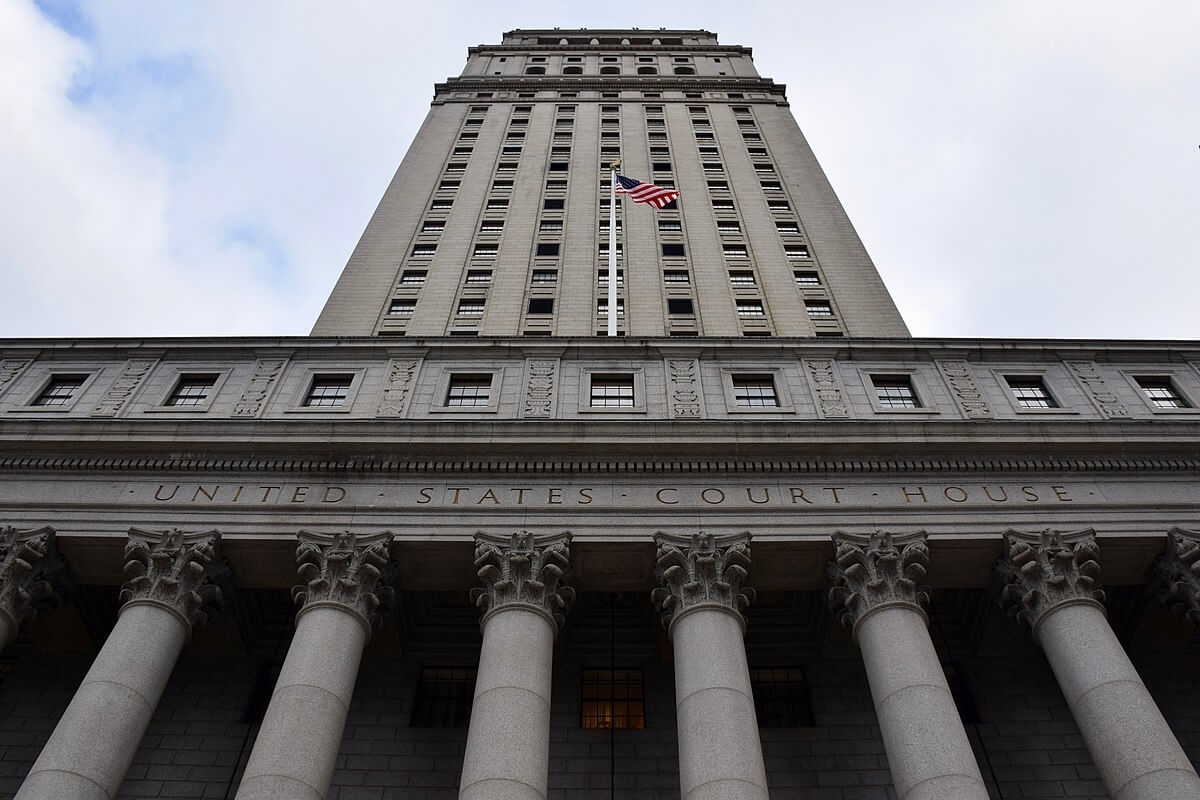When Belize became an independent country on Sept. 21, 1981 all citizens of the country not living at home lost their citizenship. Opposition leader, the late Philip Goldson, was angry over it and vowed that if his party: the opposition United Democratic Party became the new government, he would do everything in his power to restore their citizenship.
Goldson saw a country that had a majority Black population of English-speaking citizens moving to become a majority Mestizo country with Spanish-speaking people from the neighboring countries of Honduras, El Salvador, Guatemala and Mexico, as the majority Black population, who were mainly Garifuna, Creoles and East Indians were migrating to the United States. This was George Price’s biggest dream, because he felt that as a Mestizo the more his people were allowed to move to Belize, the longer his People’s United Party was going to retain power and control over the country.
When the civil war started in El Salvador, George Price offered to accept thousands of Salvadoreans into Belize and established a village for them in the Belmopan area called Salvapan, under the stewardship of Ducho Thomas. These people were granted amnesty, given house lots, homes and all the benefits of Belizean citizenship, including the right to vote and to run for political office if they chose to do so. All this was occuring when Price and his party were denying rights and privileges to natural-born Belizeans at home and abroad.
Despite the efforts of Price and his People’s United Party to help the foreigners, conditions got worse after independence, and the Belizean people decided to vote the PUP out of power in 1984 by a landslide margin of 21-7. They were angry with Price and his party — with Price himself losing his seat in the Freetown Division by a large magin, to a newcomer politician, Derick Aikman.
Fulfilling their promise, the United Democratic Party immediately passed dual citizenship legislation to give all Belizeans up to this day, the right to get a Belizean passport and nothing more, under the rights of the People’s Representation Ordinance, The Election and Boudaries Ordinance and the Belize Constitution. There are still some provisons of these laws that restrict Belizeans who possess dual citizenships from enjoyong the basic fundametal rights granted to them.
The right to vote by proxy and to be a representative of the Belizean government is being denied, up to this day, though Belize is their country of birth. For Belizeans who possess Dual Citizenships to qualify to vote or run for political office, they must renounce their American or foreign citizenships. Most Belizeans who live in the United States over the years, must be citizens in order to qualify for many benefits and must revoke their citizenships. To disqualify themselves for benefits would be a foolish exercise.
The Right Honorable Dean Barrow saw the need to correct this injustice and in 2009 he planned to introduce Amendment 7 to the Belize Constitution. If he had introduced it at the time, it would have passed because he had the votes to deliver this fundamental right to the Belizeans who live in the Diaspora. The People’s United Party has always been against this Amendment, thinking that if they allow Belizeans in the United States to vote, most of them would vote for the United Democratic Party.
In El Salvador, Honduras, Guatemala and Mexico — with Amnesty and the right to vote, those people still voted them out of office.
Belizean Americans are highly qualified people and are not dependent on UDP or PUP; so when they get the right to vote they will be looking objectively on the candidates and the political parties before they cast their votes.
We have some Black — and other Belizeans who are against granting Belizeans with dual-citizenship their full fundamental rights, saying they have abondoned their people and country. The Black Belizeans who are opposed to granting Belizean Americans their basic fundamental rights are working against themselves. Such is referred to as “cutting off their noses to spoil their faces.” The other Belizeans who are Mestizos and come from the other ethnic groups, which many of their ancestors left in Honduras, El Salavador, Guatemala and Mexico, because they were not satisfied with the living conditions in those countries.
If these Belizeans who are against this legislation, they should first look at the amount of money Belizeans in the United States send. It would change their thinking; plus, there are other things Belizeans continue to send weekly to their families, in addition to money for their upkeep and survival — just continue to grow. For Belize to become a nation that could compete in this international community, it must involve Belizeans in the United States and in the Diaspora, who have the financial and human resources the country deperately needs to survive.
I now call on the prime minister of Belize to fulfill his promise to reintroduce the Article-7 Amendment and let us see if the People’s United Party will have the guts to oppose it. When the PUP wanted Yolanda Shackron to be its candidate in Lake Independence, she was denied by the government because she possessed American citizenship. PUP lawyer and politician Lisa Showman was against Article-7, as was her attorney who argued her case before the court but lost.
If she had supported Article-7, there would have been no case for her to argue before the court, because her client Yolanda Shackron would have been qualified to run for office. The party that gives Belizeans in the United States and the Diaspora their full and fundamental rights as citizens of Belize, is the party for the country’s future. Such a party will never be forgotten by the Belizeans in the Diaspora because of the bold initiative they took in acknowledging their contributions to and support for their beloved homeland.
As Belizeans, we must think about the greater benefits that can come to our people and nation. Doing so is the just and rightful action to take on behalf of our beloved country.
Wellington Ramos is adjuct professor of political science and history and Boricua College, New York.






















